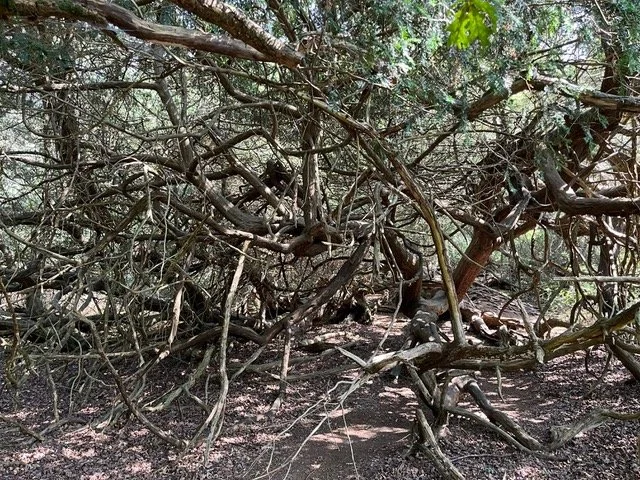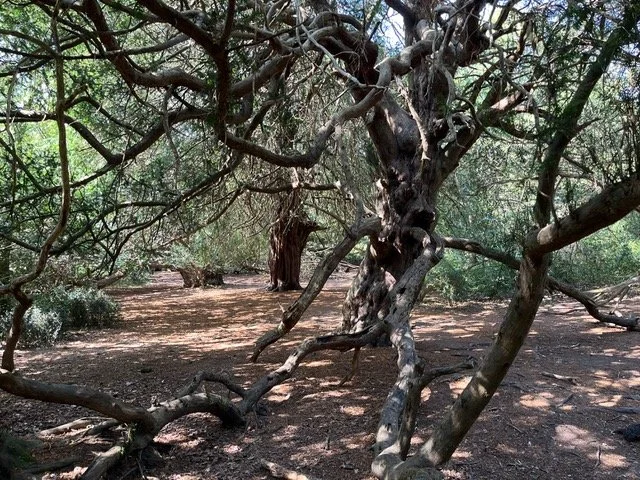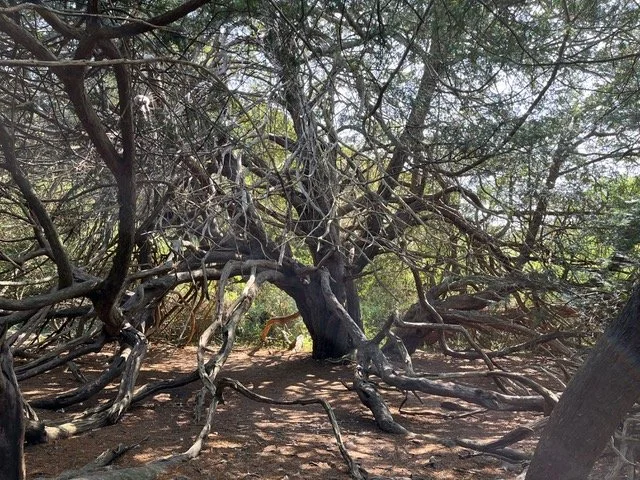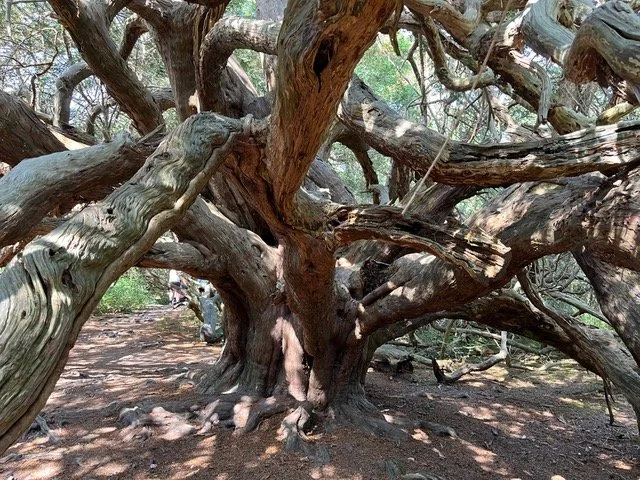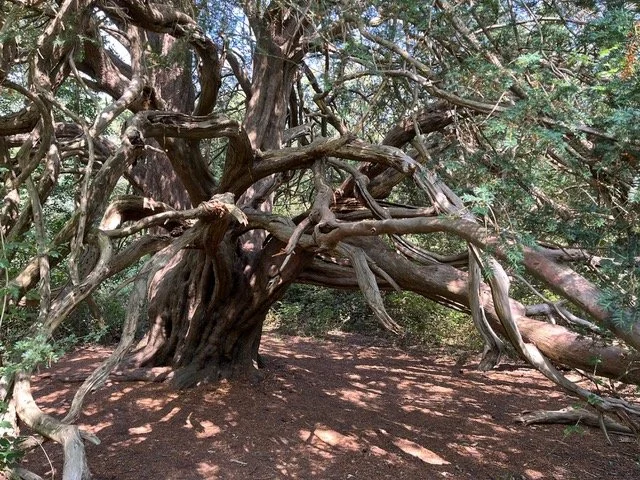“We Are Not Lost, We Are Simply Finding Our Way”
This post is prompted by a recent super conversation with a prospective new client where the idea of “losing and finding ourselves at our best” came up. It’s a phrase that runs through Beyond Belief: the art of confidence-centred coaching and that I believe applies both to the athlete and to the coach.
But what does it really mean to be lost and found? And how might we cultivate the letting go and discovery that seems to be implied?
On being lost
The word “lost” no doubt conjures up unsettling images of feeling disorientated: of not knowing where we are or which direction to go in. Or we might think of losing things: that exasperating feeling of having put something somewhere which we just can’t recall or place. Of course, there’s also the deeper sense of losing someone we were close to: an aching void that can’t be filled.
There’s another sense of being lost, though, that can feel altogether different: a sense of presence rather than absence. To get there we’ll go for a walk in an ancient forest, with an inspiring writer as our guide.
“...to be lost is to be fully present, and to be fully present is to be capable of being in uncertainty and mystery.”
In A Field Guide to Getting Lost activist writer Rebecca Solnit describes two very different meanings of lost: “losing things is about the familiar falling away, getting lost is about the unfamiliar appearing.”
She says we might lose objects or people, yet everything else remains the same. Yet to be lost in a place or an experience - as I did recently following meandering paths through a maze of 500 year old yew trees - is to relinquish that sense of certainty, for “the world to become larger than your knowledge of it.” And in that way ‘getting lost’ is about our presence in the unfamiliar: to have a calmness and openness to the uncertainty of what will be. Like an explorer stepping into uncharted territory with a wonder of what they might discover.
Brought to the more mundane world of coaching, this suggests to me a letting go of trying to pin down, plan or put in place every detail of a session. In helping a client be ready for a big event, it means accepting that neither of us will ever have full control over what may happen, no matter how rigorously we have prepared. And there’s an openness to take ourselves to an uncertain, unpredictable place where we will explore and discover what is possible - and then go beyond it, surprising ourselves, both athlete and coach, with what we can do.
The art of being at home in the unknown, lost among the yew trees at Kingley Vale
And that sense of ease, “capable of being in uncertainty and mystery” is one of the deeper emotions that underpins what we take to be confidence: a stilling sense of composure, of knowing we are as well prepared as we possibly could be and at the same time accepting that we don’t know what will happen, ready to “get lost”, absorbed in our endeavour.
Finding Ourselves at our best
On to the discovery.
When I think of finding the best of myself in an activity - whether in a race, training or even a more leisurely swim, ride or run - I recall the sense of being totally attuned to the movement and moment. I like to think of it as a relaxed alertness to what’s happening in my body and mind. Watching my hands as they tip and press the water back and taking in the sight of the sunlight on the waves as I turn to breathe; feeling the fatigue build up as I push the pedals round, navigating an uneven path directly ahead on my mountain bike, while vast vistas open up or dense forest presses in all around; striding out on a track, road or muddy cross country course, every part of my being willing me on, feeling I can barely go any faster yet exhilarated to keep going.
In The Inner Game of Tennis Timothy Gallway talks about finding a harmony of body and mind: uncluttered by a headful of instruction, effort-filled thinking and trying, instead absorbed in “a flow of action.” There’s also Mihaly Csikszentmihalyi’s well known notion of flow. But where some people think of flow as something unpredictable that might or might not happen, I think we can help athletes - and ourselves in our coaching - find the elusive sensations. In essence it’s about seeking out and nurturing a fluency in all we do. I believe we can do this by helping the athlete become attuned to their form, effort and movement. And in coaching, if I can bring myself as I am, not trying to be anything other than myself, and then focus entirely on connecting with the person or group of people in front of me, the coaching will naturally flow.
Not the conventional way we are taught to coach or how we typically think of great coaching, is it? Imagine if instead of focusing on the what-to-do and instructional prowess, the emphasis was put on how we each find
a clarity about our own presence that we bring to each coaching encounter
an easiness and calm composure in uncertainty
and an ability to attune ourselves to what is felt - by us and by the person in front of us.
Like allowing ourselves to get lost and found in the woods.
Final words with the prospective new client who, a few days after our conversation, posted a wonderful reflection on LinkedIn, setting out why she has signed up for her epic challenge.
“Crossing the Start Line Means Embracing the Unknown:
Running long distances isn’t just physical. It’s a threshold experience. You cross into uncertainty. And there, you begin to practise acceptance. You meet yourself more honestly.”
I’m so looking forward to working together!
As always, please leave any reflections and thoughts in the Comments box below.

